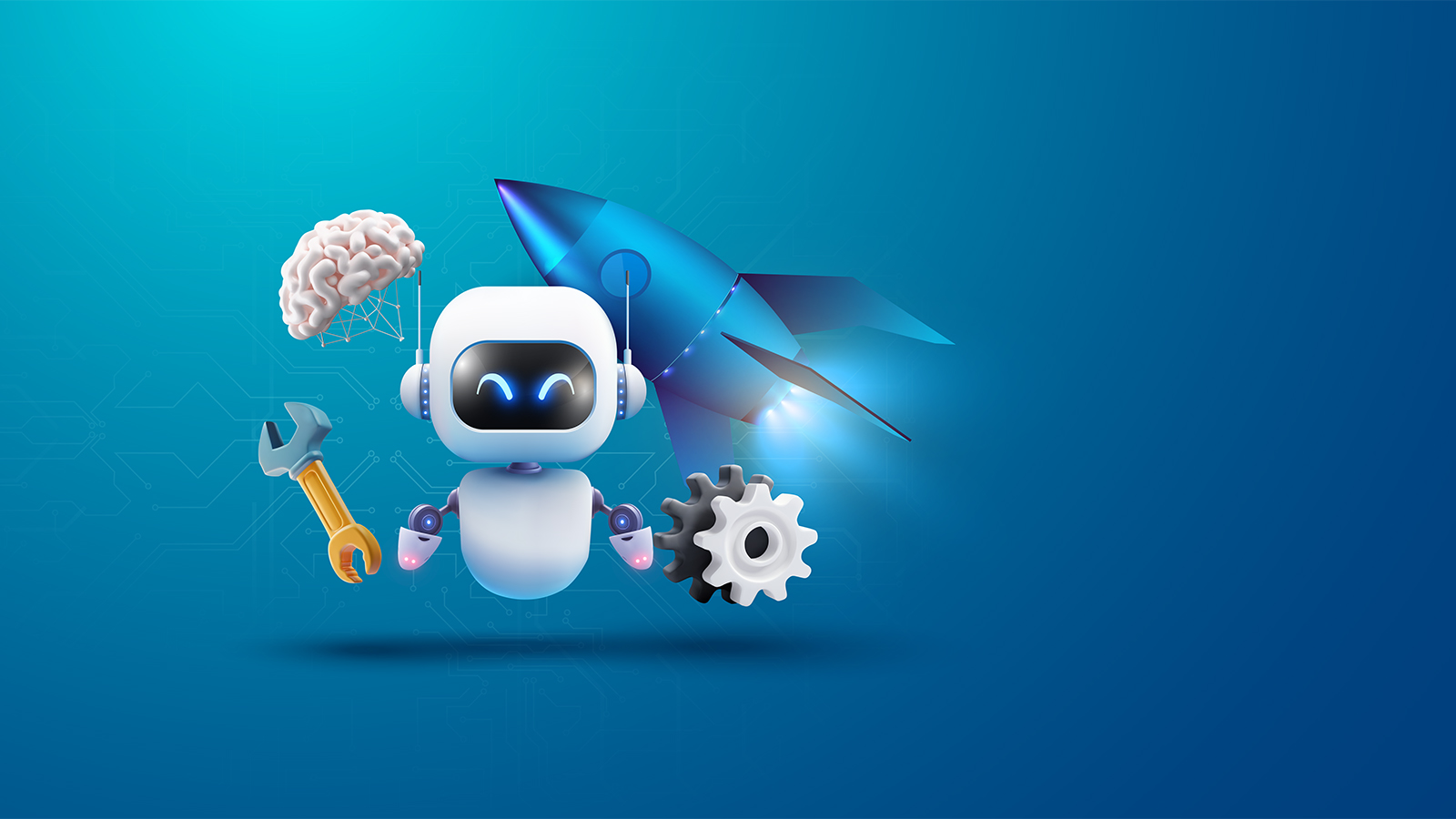Providing low-income students with free access to paid artificial intelligence tools could decrease disparities in digital access and literacy.

With artificial intelligence (AI) technologies becoming increasingly prevalent in educational settings and beyond, it is crucial to examine how paid AI services will increase disparities in digital access and literacy. Here's a concise justification for generative AI (GenAI) companies to provide the full paid version of their products at no cost to college and university students in financial need.
GenAI resources can be valuable educational tools, but their cost may exacerbate the digital divide between wealthy and low-income students. By offering free access to the paid version of their products to financially struggling students, AI companies can help level the playing field. This would give financially disadvantaged students equal opportunity to benefit from AI-assisted research, writing support, and personalized tutoring.
Reducing the digital divide in this way could lead to improved academic outcomes and career prospects for low-income students. It may also foster innovation by enabling a more diverse group of future professionals to gain early experience with GenAI technologies.
Let's delve more deeply into the benefits of free AI chat access for financially struggling college students and how it might be implemented.
Benefits to Students
- Enhanced learning outcomes. AI chatbots can provide 24/7 personalized tutoring, helping students grasp difficult concepts, practice problem-solving, and receive immediate feedback. This access to round-the-clock support can significantly improve understanding and retention, potentially leading to better grades and higher graduation rates among low-income students.
- Skill development. Exposure to GenAI technologies can help students develop crucial digital literacy skills. As AI becomes increasingly prevalent in the workplace, early familiarity with these tools can give disadvantaged students a competitive edge in their future careers.
- Research assistance. GenAI can help students navigate vast amounts of information, assisting with literature reviews, data analysis, and research methodologies. This could level the playing field for students who may not have access to extensive library resources or research mentors.
- Mental health support. GenAI can offer basic mental health support and resources, which are particularly valuable for students who may otherwise not have access to counseling services.
- Language support. For nonnative English speakers or international students from low-income backgrounds, GenAI can provide language learning support and translation services, enhancing their ability to engage with course materials and their peers.
Implementation Approaches
- Partnerships with colleges and universities. GenAI companies could collaborate with colleges and universities to provide codes for free, unlimited access to the paid version of their products to students who qualify for financial aid.
- Means-tested access. Companies could implement a system where students can apply for free access to the paid version of their products based on their financial situation, similar to how scholarships are awarded.
- Integration with learning management systems. Companies could partner with educational technology companies to integrate GenAI directly into existing platforms used by colleges and universities, making access seamless for students.
By implementing such initiatives, GenAI companies could help prevent the digital divide from growing due to cost barriers while fostering goodwill, expanding their user base, and potentially discovering new use cases for their technology in educational settings. This approach aligns with corporate social responsibility goals and could lead to long-term benefits for AI companies and society.
Michel Davidoff is an Independent Consultant. He is the Former Chief Infrastructure Officer, Office of the Chancellor, at California State University.
© 2024 Michel Davidoff. The content of this work is licensed under a Creative Commons BY 4.0 International License.
